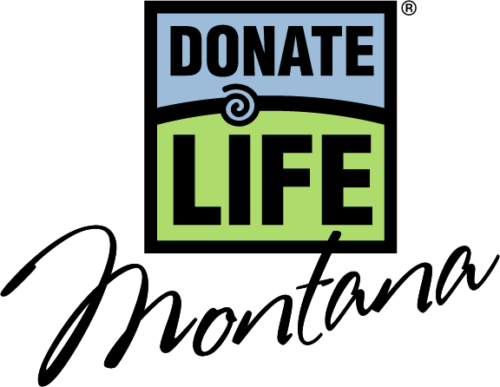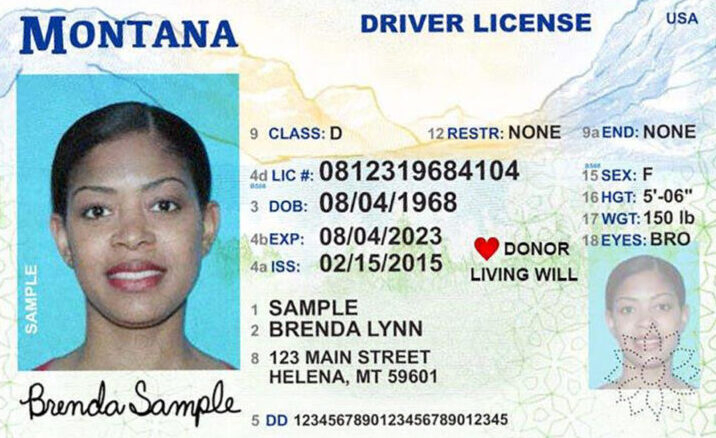
Every day, Montanans are saving and healing lives through donation.
John Francis Davis
John was a registered organ donor, and his decision was a blessing for his entire family. He saved five people through the donation of his heart, lungs and kidneys.
What does it mean when I say “YES” to organ, eye, and tissue donation and put the heart on my driver’s license or ID?
Saying or selecting “yes” to organ, eye and tissue donation when receiving your driver’s license or ID provides your legal authorization to donate for life-saving or healing transplants. (This is not related in any way to whole body research programs or bone marrow donation.)
What if I want to register, make limitations on what I’m willing to donate or have changed my mind about being a donor?
You can register, set limitations, or remove yourself from the organ donor registry at donatelifemt.org. Any new record will replace any older record. For assistance, please call 1-877-275-5269.
What is the Montana Donor Registry?
The Montana Donor Registry is a confidential database of personal donation decisions to be carried out at the time of death. The database is managed by LifeCenter Northwest, the nonprofit organ procurement organization for Montana. The registry is only accessed by donation professionals. The registry database only records an individual’s authorization for organ, eye or tissue donation. The registry database does not record an individual’s refusal to be an organ donor.
Giving life
The gift of life is sacred. One organ donor can save up to eight lives and heal the lives of many more through tissue and cornea donation.
Donation Facts:
- If you are sick or injured and admitted to the hospital, the number one priority is to save your life. Donation can only be considered after all life-saving measures have been taken and a hospital physician has declared death.
- The doctors and medical staff in the hospital are not the same staff involved in organ and tissue recovery and transplantation.
- There is no cost to a donor or donor family for donation and transplantation.
- Anyone has the potential to be a donor regardless of age, ethnicity, or medical history.
- To be an organ donor, one must be on ventilated support in a hospital setting and declared dead by a hospital doctor.
- If you are a registered donor, please share this decision with your family.
- Families are supported by donation staff in the hospital to walk them through the process for you becoming a donor.
- All families are eligible to receive grief and bereavement support from LifeCenter Northwest once families leave the hospital.
Questions?
Learn more about organ, eye and tissue donation.
You can also contact LifeCenter Northwest by email or phone:
Email: info@lcnw.org
Phone (toll-free): 1-877-275-5269




